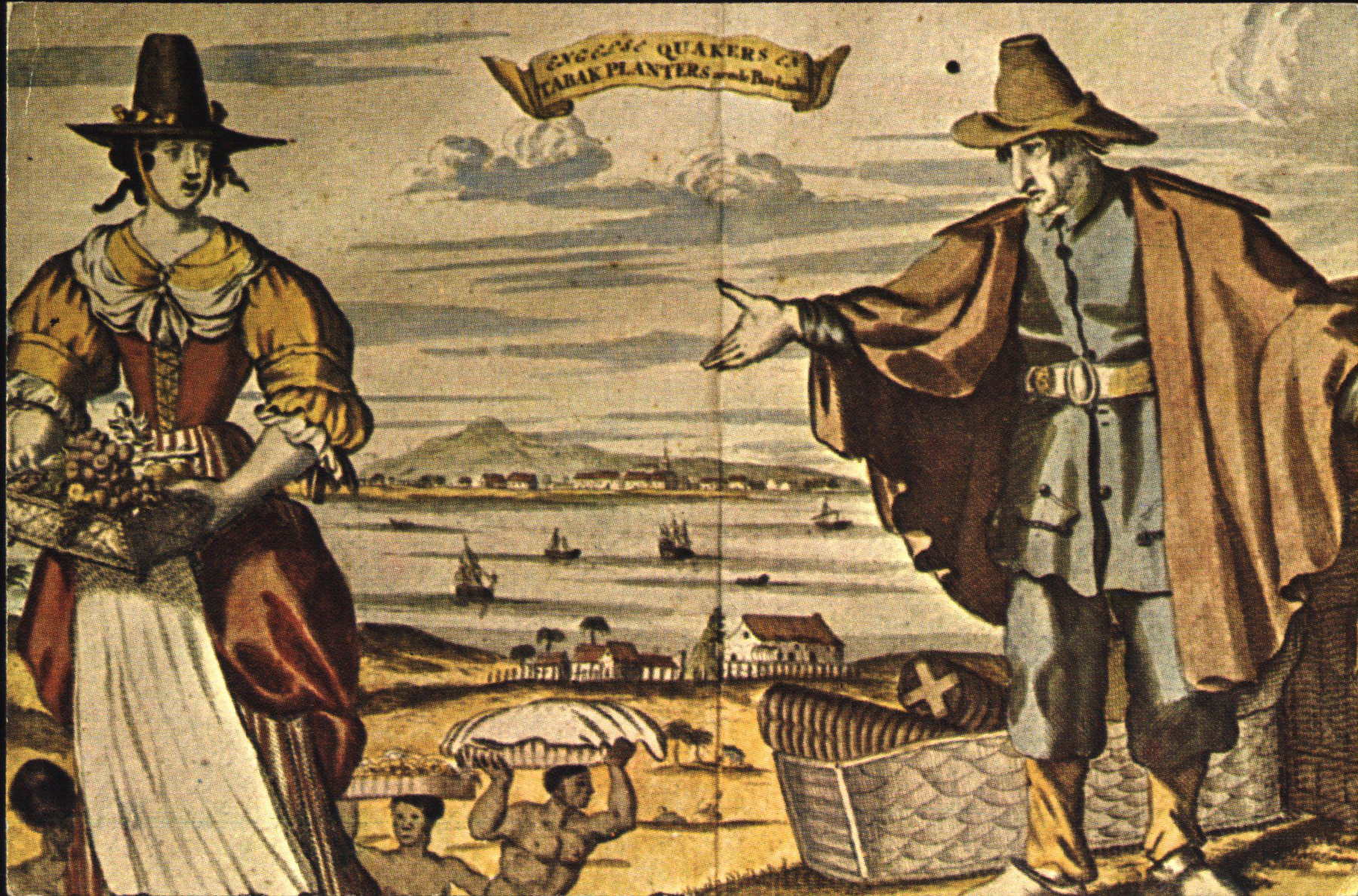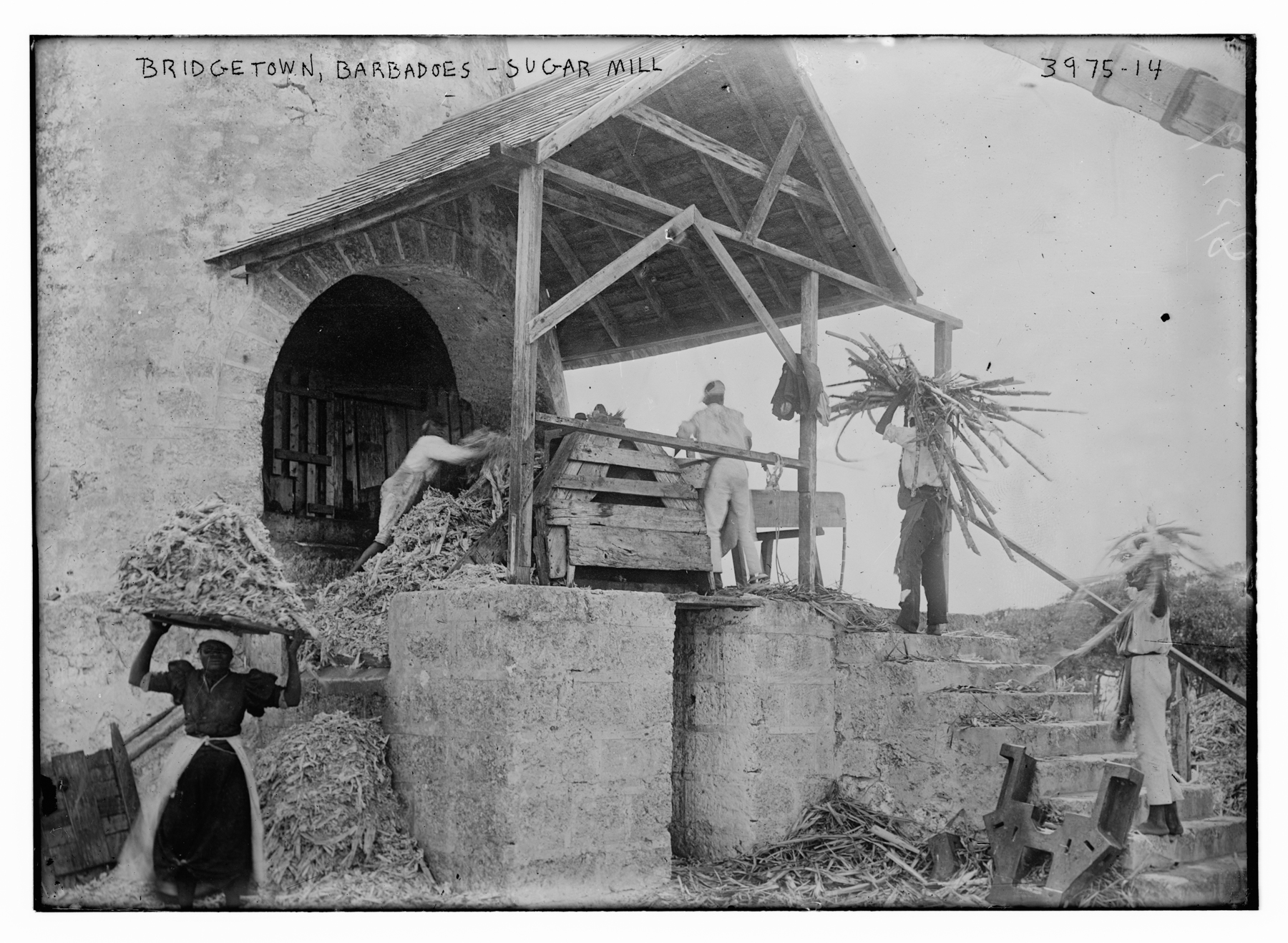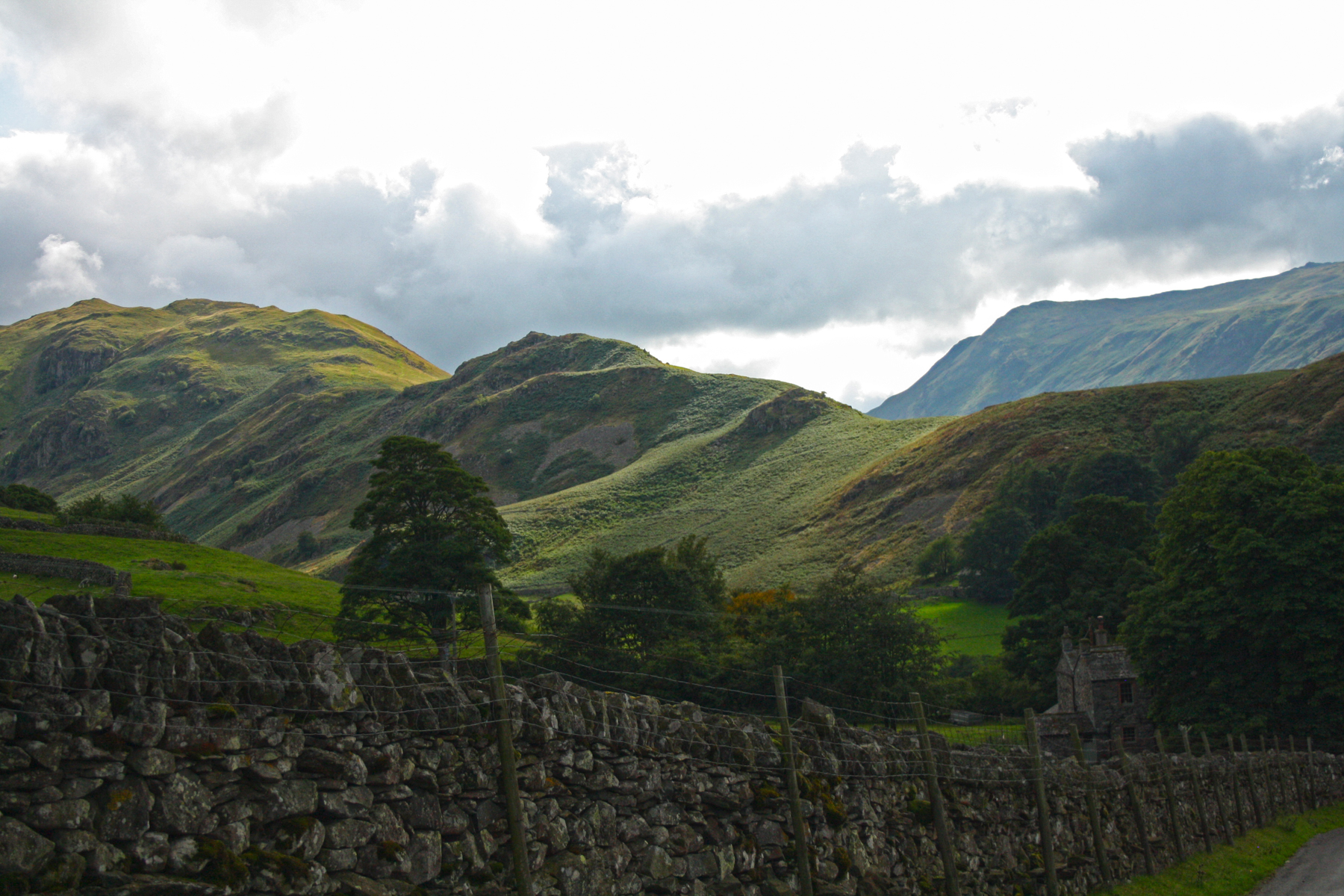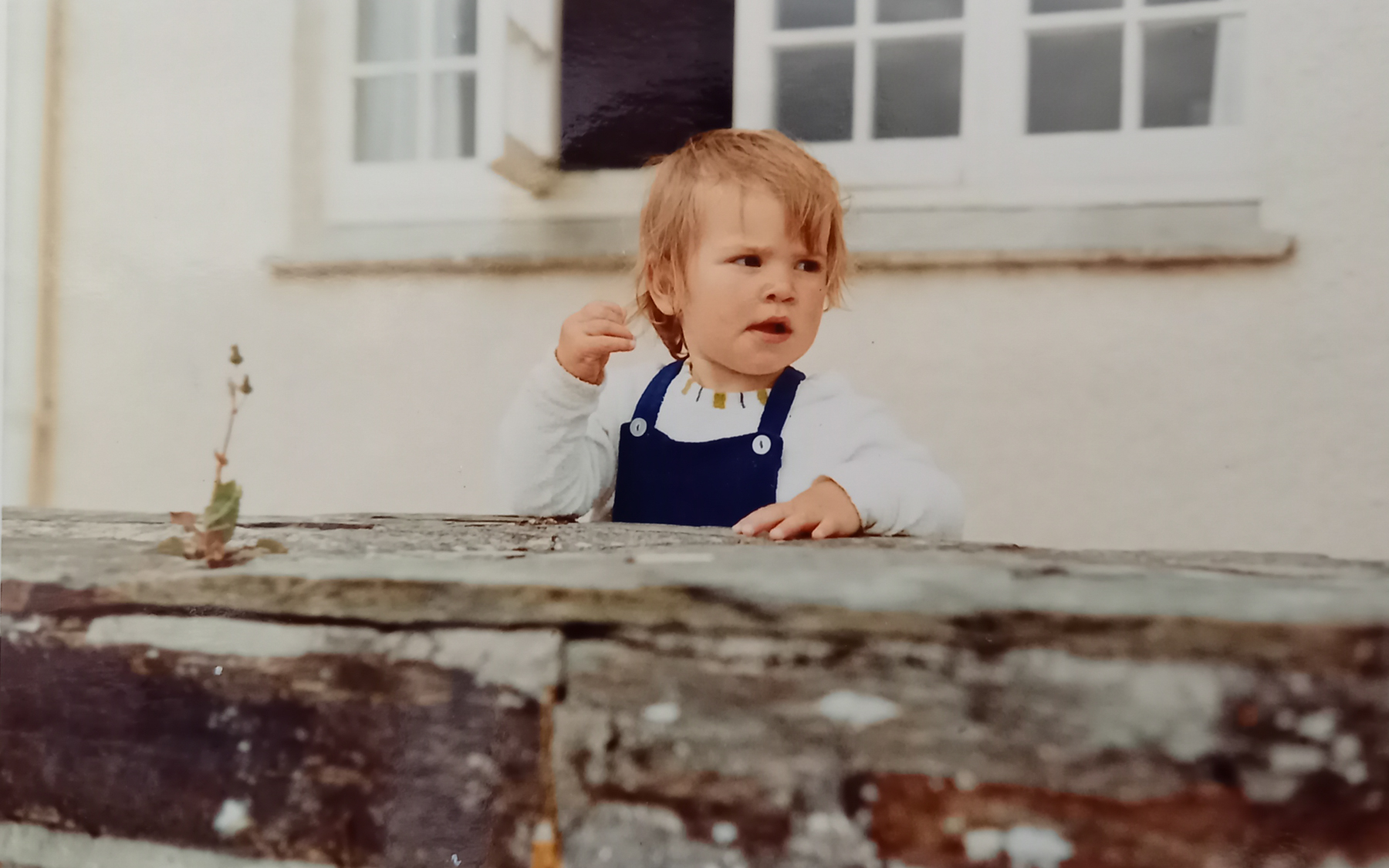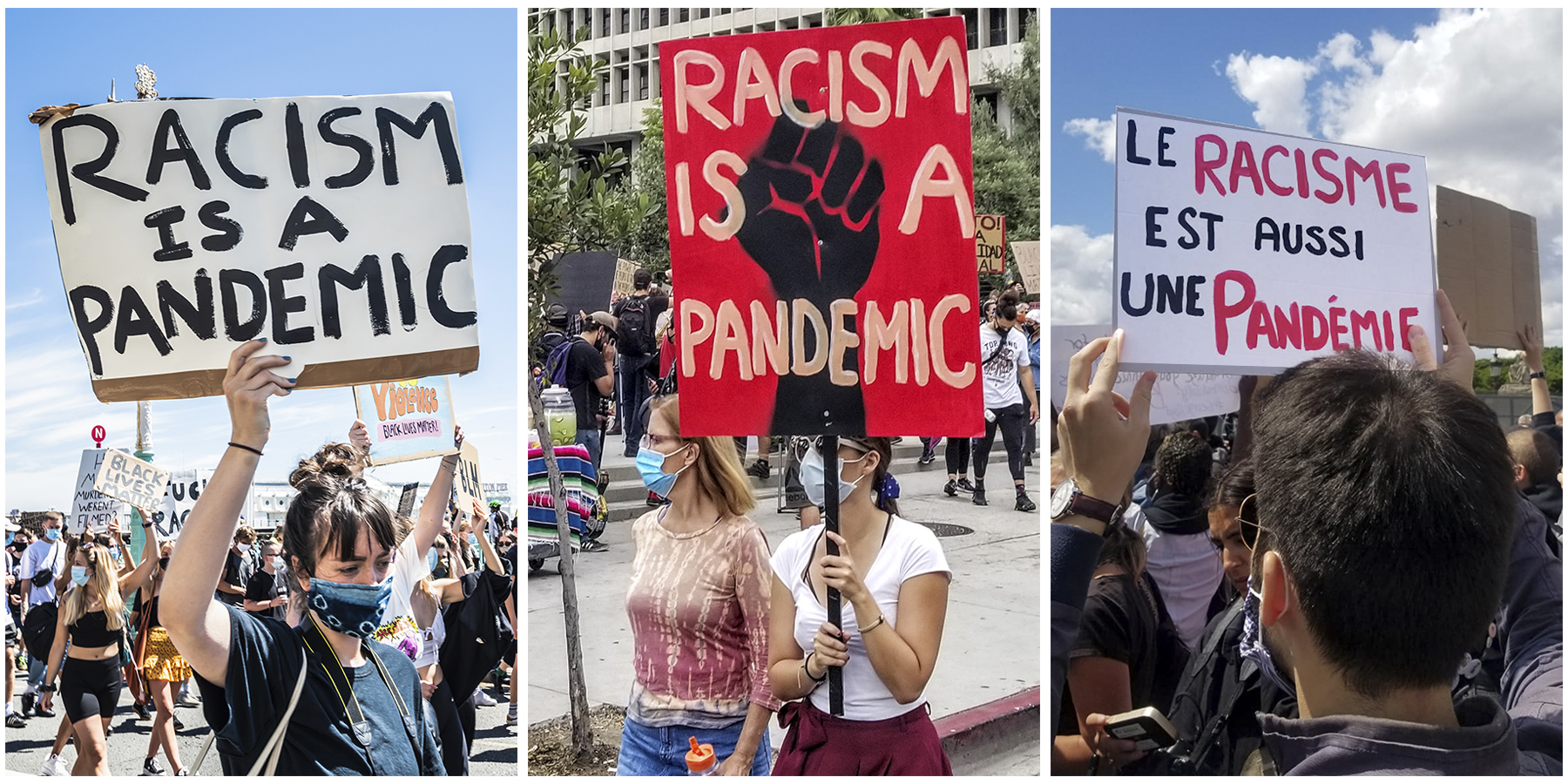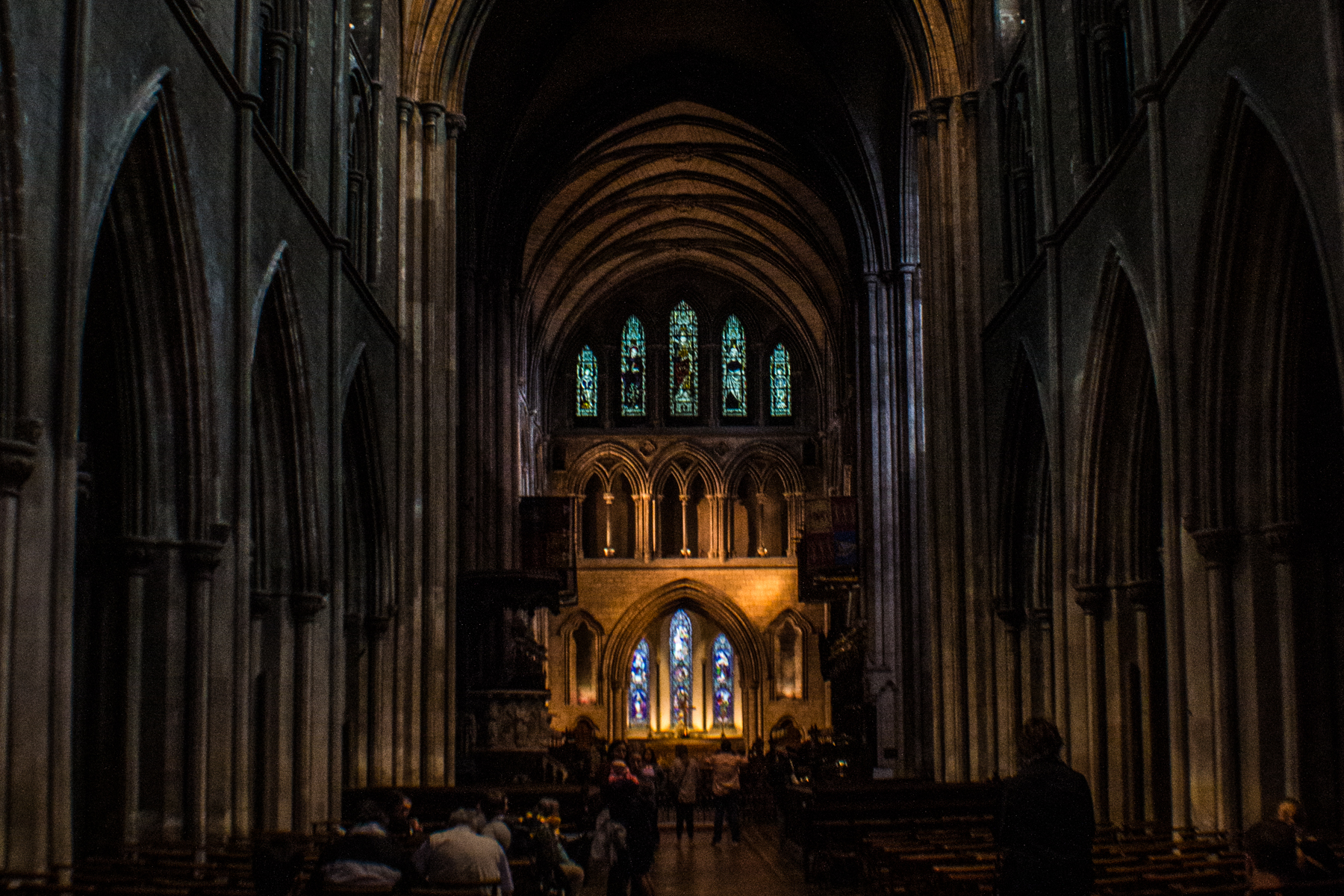
Sitting in Beauty: How Choral Music Made Me Less Lonely
WORDS & IMAGES BY CALLIE RADKE STEVENS
Behind the steeple of St. Patrick’s Cathedral in Dublin, clouds gathered and boiled, preparing for a storm or a show or something wild, surely. I zipped my coat all the way up as my husband and I picked our way down the narrow street.
I was determined to see at least a little bit of the city before we had to drive an hour south to where I was doing grad school research. This was Dublin, after all. We were there, and we had limited time. We had to see it. My husband, on the other hand, was tired and cranky and being exasperating. I was also tired and cranky, but I was going to have a good time. I was going to see the city. He was being annoying.

